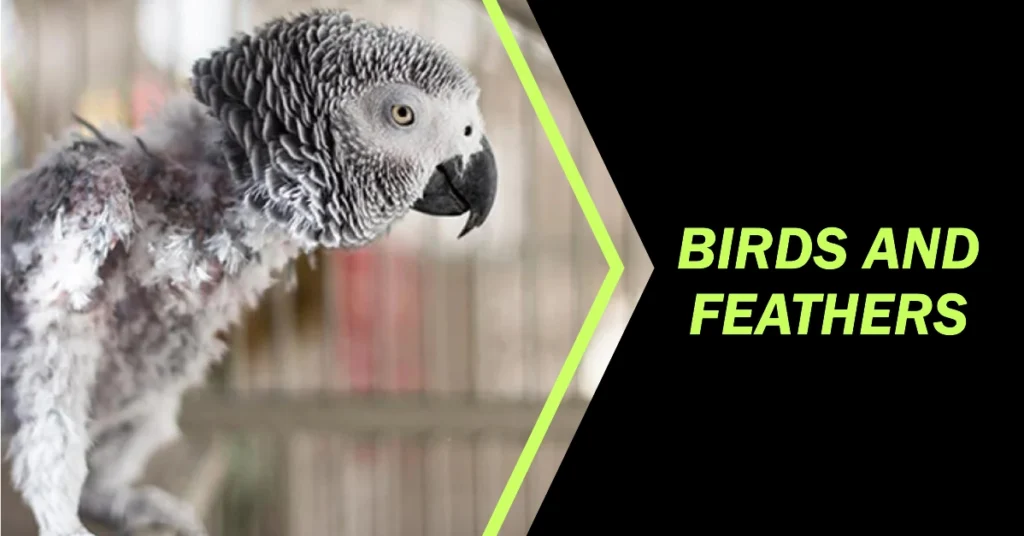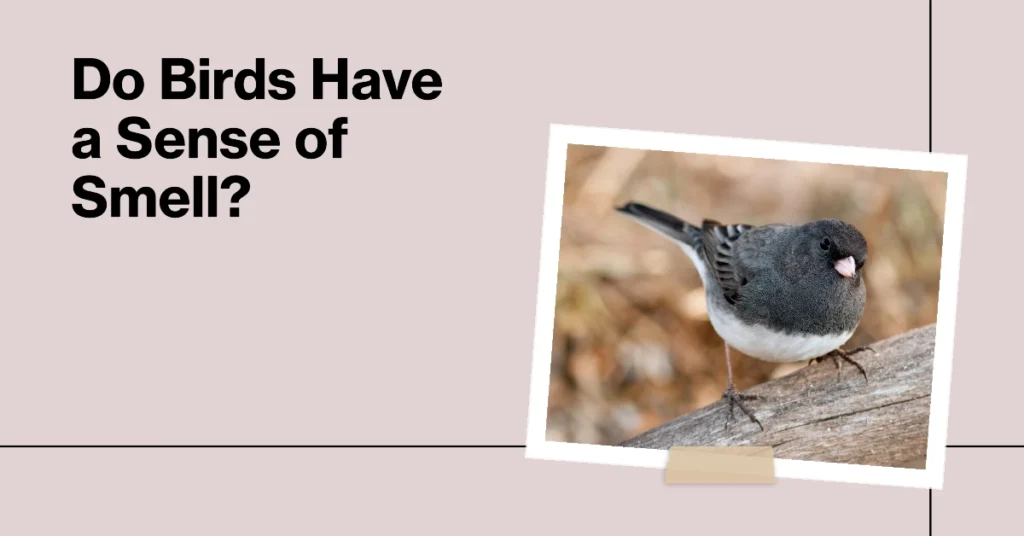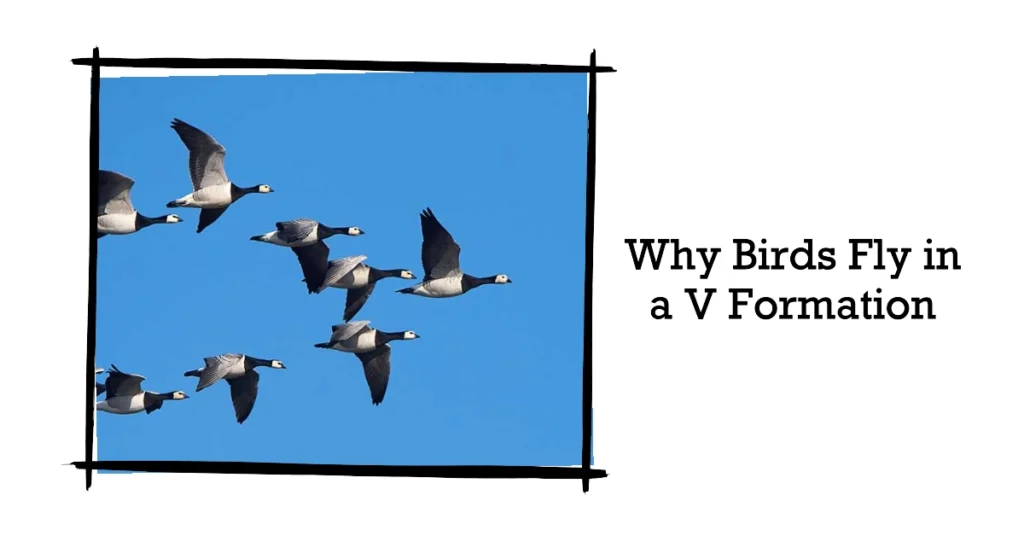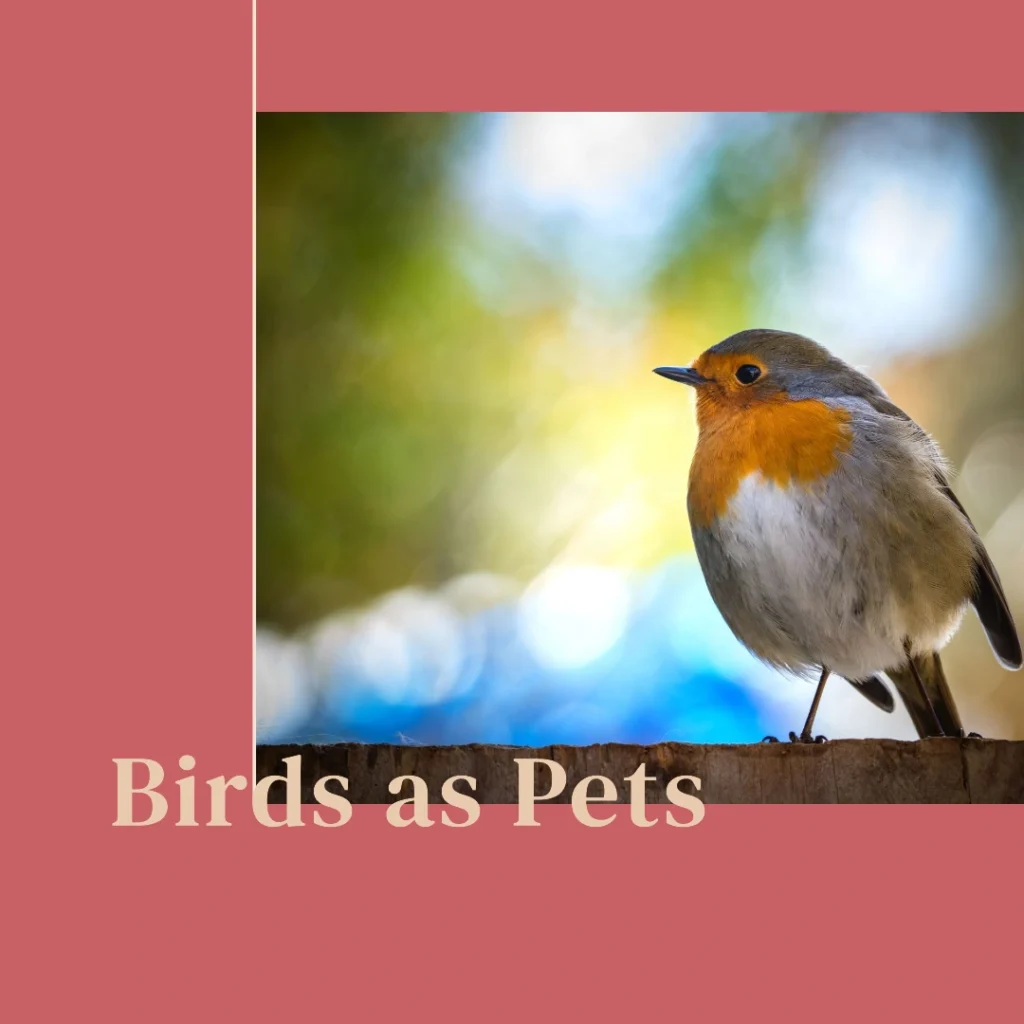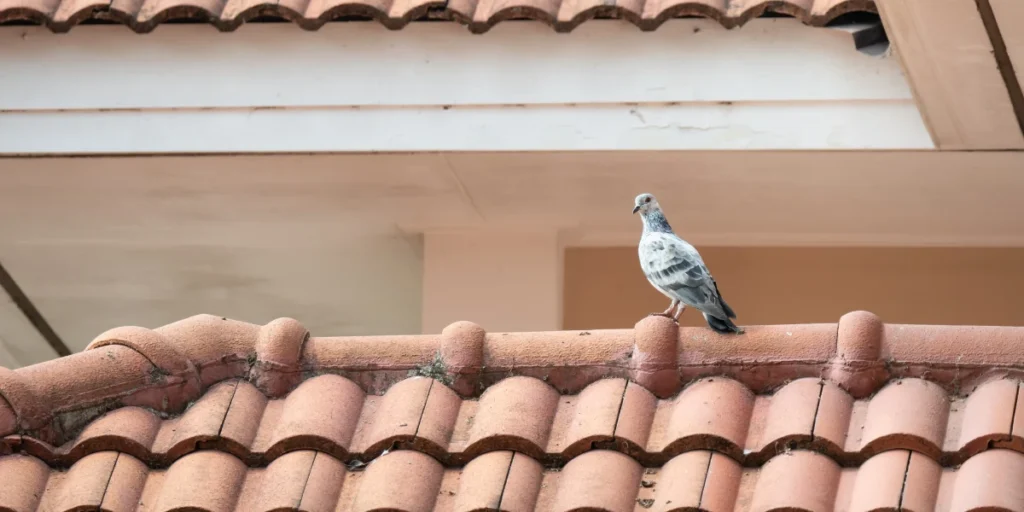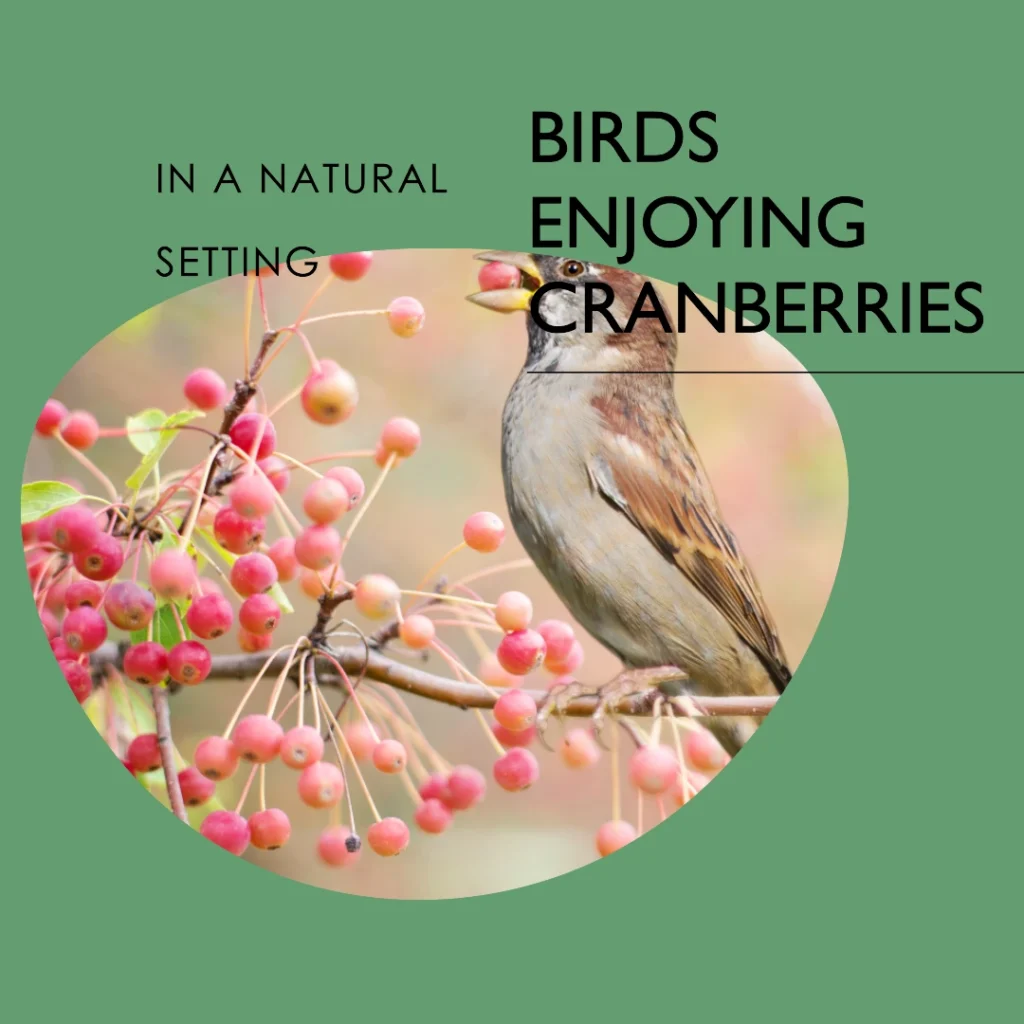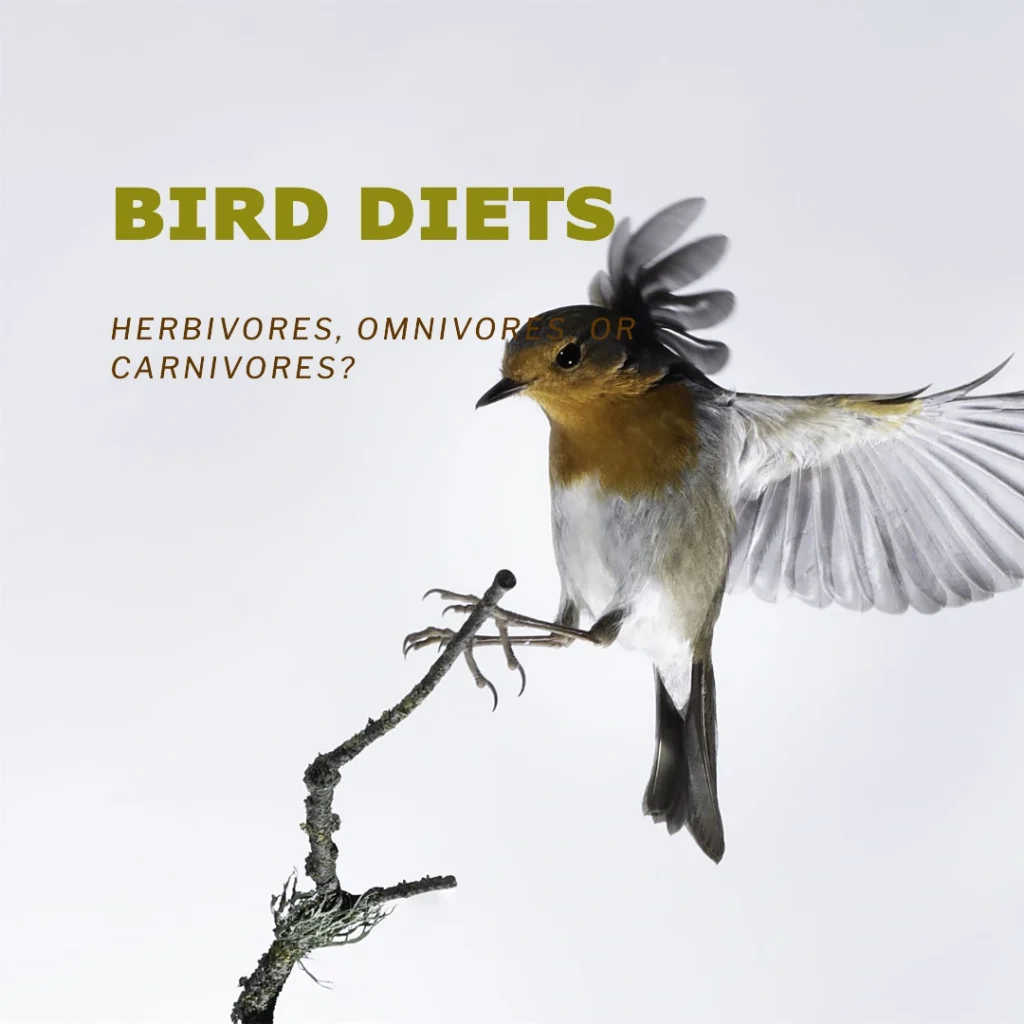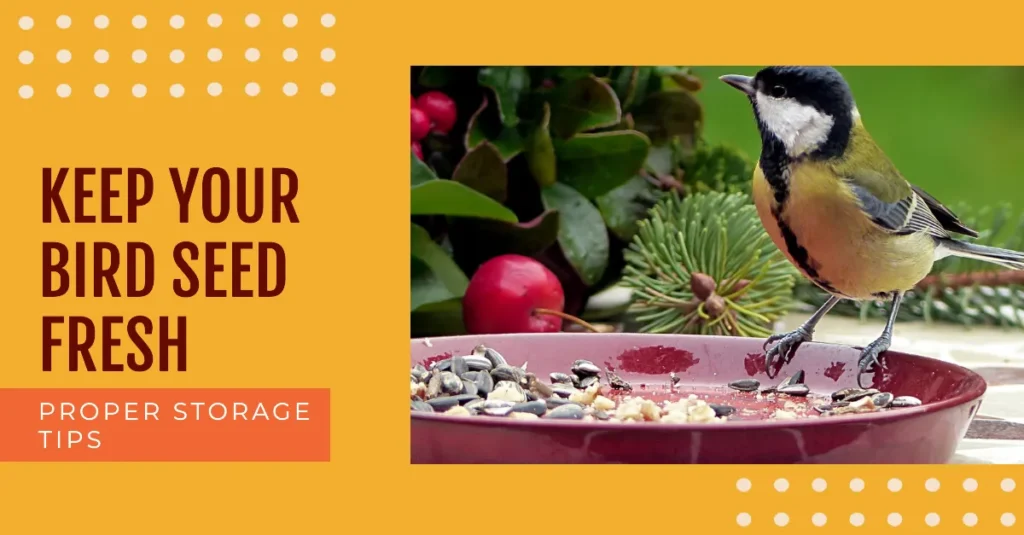
As a bird lover, you want to provide your feathered friends with nutritious, fresh food to keep them coming back to your yard. But have you ever wondered if bird seed can go bad? The answer is yes – if not stored properly, bird seed can spoil and become unhealthy for birds to eat. In this article, we’ll cover everything you need to know about storing bird seed to maintain its freshness.
Understanding Bird Seed and Its Shelf Life
Bird seed, or birdseed, is the primary food source you provide to wild birds through feeders. It comprises various seeds, such as sunflower seeds, safflower seeds, and seed mixes designed to cater to the dietary needs of different bird species. Like any other food item, bird seed has a shelf life, beyond which it can go bad or spoil.
Signs That Birdseed Has Gone Bad
- Clumping: Moisture can cause seeds to stick together, forming clumps.
- Moldy Appearance: Look for any signs of mold or mildew on the seeds.
- Unpleasant Odor: Spoiled birdseed may emit a foul or rancid smell.
- Pest Infestation: Presence of insects or rodents can indicate the seed has gone bad.
Shelf Life of Common Bird Seeds
When properly stored, most bird seeds will last 6-12 months or more. However, some seeds have shorter shelf lives than others. Here is a general guide:
| Seed Type | Shelf Life |
| Black Oil Sunflower | 1 year |
| Striped Sunflower | 1 year |
| Safflower | 6-8 months |
| Nyjer/Thistle | 3-6 months |
| White Proso Millet | 1 year |
| Shelled Peanuts | 6-12 months |
Of course, these are just estimates. Use your nose and eyes to judge if seeds are still fresh. When in doubt, throw it out!
How to Store Bird Seed to Keep It Fresh
Choose the Right Container

Storing bird seed in an airtight container is essential to keep it fresh. Airtight containers prevent moisture and pests from reaching the seed. Metal or thick plastic containers are recommended as they offer robust protection against rodents and other pests.
Ideal Storage Location
Store your bird seed in a cool, dry place away from direct sunlight. Basements, garages, or sheds can be good options, provided they are not prone to dampness or extreme temperature fluctuations.
Buy in Appropriate Quantities
It’s tempting to buy bird seed in bulk to save money, but purchasing too much can lead to spoilage before you use it all. Estimate how much seed your backyard birds consume and buy accordingly.
Keep Feeders Clean
Regularly cleaning your bird feeders is crucial to prevent old, spoiled seed from mixing with fresh seed. Clean feeders also help in preventing the spread of diseases among birds.
Use Your Oldest Seed First
If you have multiple bags of bird seed, use the oldest one first to prevent it from going bad. This practice ensures that all your bird seed remains fresh and safe for the birds to eat.
Monitor and Refresh Seed Regularly
Check your bird feeders regularly and remove any wet, clumped, or moldy seed. Refill the feeders with fresh seed as needed to keep attracting a variety of backyard birds.
Conclusion
Feeding birds is a rewarding experience that helps support local wildlife. By following these simple storage tips, you can ensure that your bird seed stays fresh, preventing waste and keeping your feathered friends healthy and happy. Remember, fresh food is critical to the well-being of backyard birds, so take the time to store your bird seed properly.

